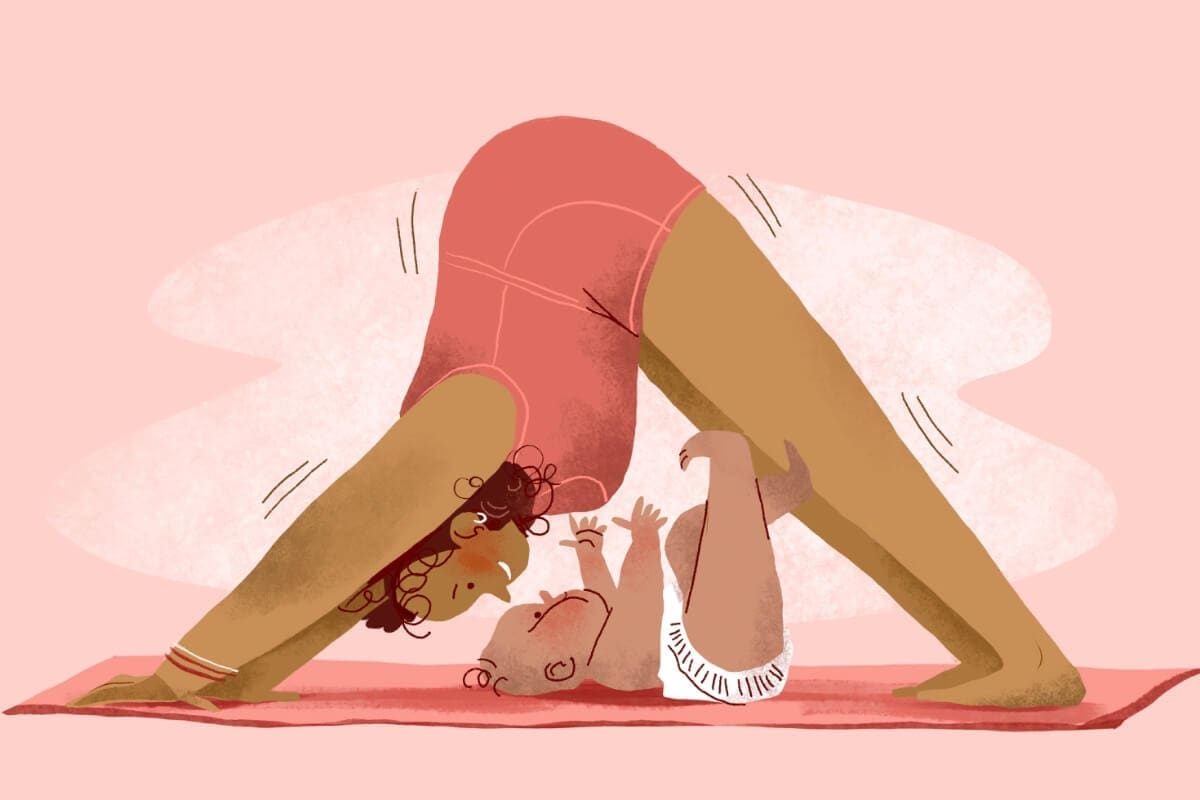Chest pain isn't just a problem for adults. It may occur in a child as well. Many of the causes aren't serious, but they may require a doctor's attention. Follow this chart for more information about chest pain in infants and children.
American Academy of Family Physicians.
American Academy of Family Physicians.
Chest Pain in Infants and Children
Step 1
Selecting A Symptom
- Abdominal Pain (Stomach Pain), Long-term
- Abdominal Pain (Stomach Pain), Short-term
- Ankle Problems
- Breast Problems in Men
- Breast Problems in Women
- Chest Pain in Infants and Children
- Chest Pain, Acute
- Chest Pain, Chronic
- Cold and Flu
- Cough
- Diarrhea
- Ear Problems
- Elimination Problems or Constipation
- Elimination Problems or Constipation in Infants and Children
- Eye Problems
- Facial Swelling
- Feeding Problems in Infants and Children
- Fever
- Fever in Infants and Children
- Foot Problems
- Genital Problems in Infants (Female)
- Genital Problems in Infants (Male)
- Genital Problems in Men
- Genital Problems in Women
- Hair Loss
- Hand/Wrist/Arm Problems
- Headaches
- Hearing Problems
- Hip Problems
- Knee Problems
- Leg Problems
- Lower Back Pain
- Menstrual Cycle Problems
- Mouth Problems
- Mouth Problems in Infants and Children
- Nausea and Vomiting
- Nausea and Vomiting in Infants and Children
- Neck Pain
- Neck Swelling
- Shortness of Breath
- Shortness of Breath in Infants and Children
- Shoulder Problems
- Skin Rashes & Other Skin Problems
- Throat Problems
- Tooth Problems
- Urination Problems
Step 2
Answering Questions
Does your child have a fever, a cough that produces mucus, and shortness of breath?
Does your child have a tight cough, wheezing, and shortness of breath?
Does your child have a dry cough and a sharp pain in the chest when he or she takes a deep breath?
Does your child have sudden, sharp pain in one side of the chest with sudden shortness of breath?
Does your child have a high fever, a very sore throat, and trouble breathing and/or swallowing? They may also be sitting forward resting on one arm (“tripoding.”)
Does your child have pain and tenderness in the front of the chest, along the border of the breastbone and ribs, and does it get worse when your child coughs or takes a deep breath?
Step 3
Possible Causes
Diagnosis
These symptoms may be caused by BRONCHITIS. A high fever along with a cough and shortness of breath could also be a sign of PNEUMONIA.
Self Care
If your child has BRONCHITIS, be sure he or she gets lots of rest and drinks plenty of fluids.
PNEUMONIA is a serious infection. If your child has a fever and a cough producing mucous, see your doctor right away. You can have your child take children’s acetaminophen and/or ibuprofen for fever. Do not give children 5 years and under cough or cold medicines.
Diagnosis
These may be symptoms of BRONCHIOLITIS.
ASTHMA can also cause wheezing, coughing, and trouble breathing.
Self Care
BRONCHIOLITIS is a serious infection. Asthma flare-ups can also be a serious problem. See your doctor right away to find out what’s causing your symptoms. Do not give children 5 years and under cough or cold medicines.
Diagnosis
These symptoms may be caused by PLEURISY, an inflammation of the lining around the lung.
Self Care
See your doctor. He or she can determine what is causing the PLEURISY. Often, an anti-inflammatory drug will help relieve symptoms. Do not give aspirin to your child. Do not give children 5 years and under cough or cold medicines.
Diagnosis
In rare cases, air will leak from a lung to fill the chest cavity. This makes it difficult to breathe. This condition is called a PNEUMOTHORAX.
Self Care
See your doctor right away or go to the closest emergency room or call an ambulance. Treatment of a PNEUMOTHORAX may require hospitalization.
Diagnosis
These may be signs of a serious condition called EPIGLOTTITIS.
Self Care
Get emergency medical help right away. Go to the closest emergency room or call an ambulance.
Diagnosis
This may be caused by COSTOCHONDRITIS, an inflammation of the rib joints in the chest.
Self Care
Heat and an anti-inflammatory medicine, such as ibuprofen, may help relieve symptoms. Do not give aspirin to your child. See your doctor if the pain is severe or if it doesn’t improve with these medicines.
Self Care
For more information, please talk to your doctor. If you think your child’s problem is serious, call your doctor right away.
WARNING: Don’t give your child aspirin without your doctor’s approval, due to the risk of Reye’s syndrome.












